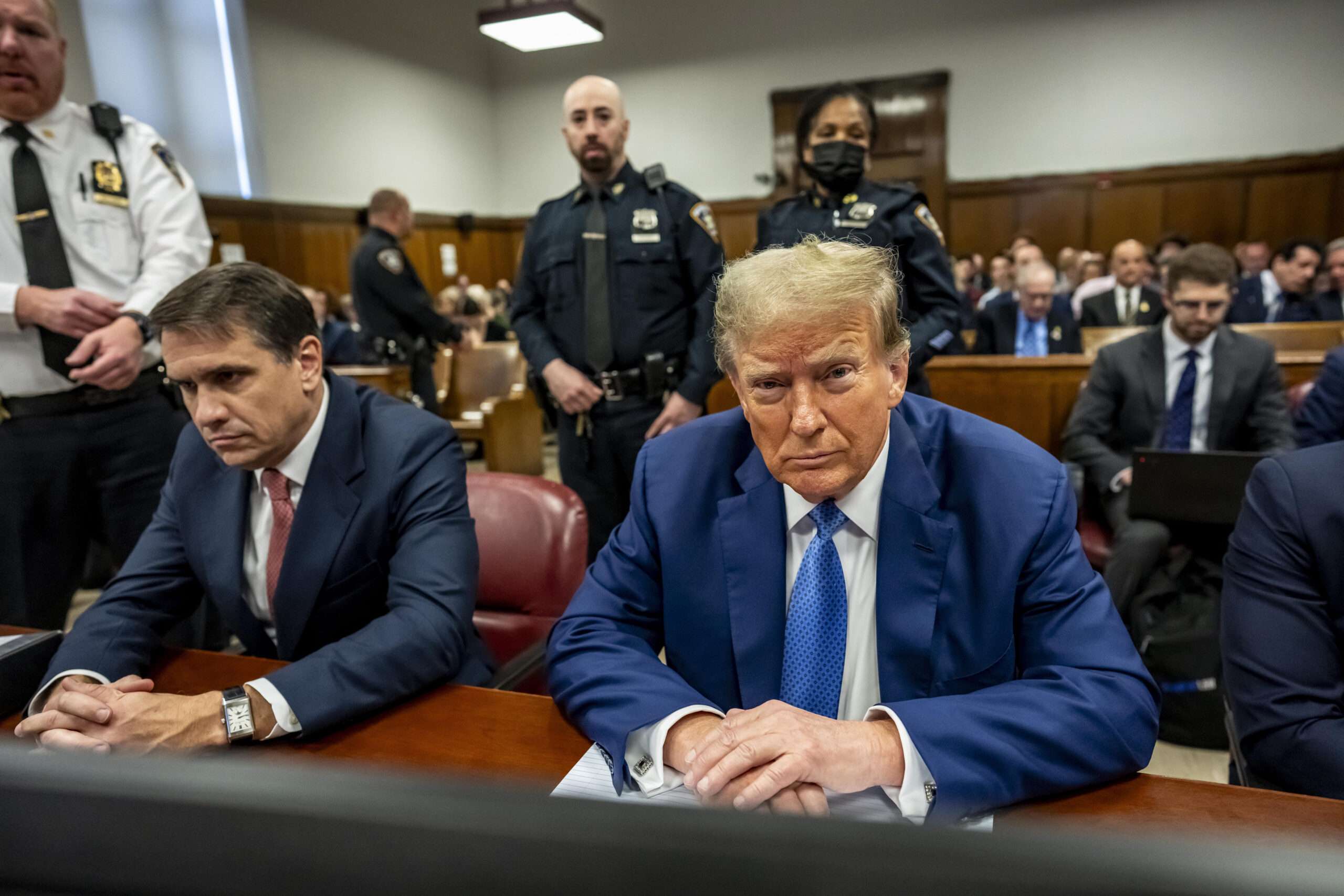Following over a day of deliberation, a Manhattan jury on Thursday found Donald Trump guilty of falsifying 34 business records to aid or conceal “another crime,” turning what would typically be misdemeanors into felonies. The jury’s decision, in a jurisdiction where Democrats outnumber Republicans 9 to 1, may appear politically motivated, but legally, the quick verdict is perplexing.
The case against Trump involved payments made to Stormy Daniels by Michael Cohen, Trump’s former lawyer, and fixer, to keep her silent about an alleged encounter with Trump. Prosecutors argued that Trump tried to cover up the payments as legal fees. Cohen’s testimony, despite his criminal history, provided key evidence, along with circumstantial proof of Trump’s involvement in the scheme.
The prosecution’s challenge lay in proving that Trump falsified records with the intent to commit another crime, which elevated the charges to felonies. They suggested that Trump’s actions violated an obscure provision of the New York Election Law, but the exact nature of the “unlawful means” was never clearly defined.
Various theories were presented, including potential violations of election laws and tax laws, but the connection between Trump’s actions and the alleged crimes was tenuous at best. The prosecution’s case relied on assumptions about Trump’s knowledge and intent that were questionable and implausible.
Ultimately, the complexity and inconsistency of the prosecution’s theories raised doubts about the validity of the guilty verdict.
According to CNN, records related to a corporate bank account created by Michael Cohen, the transfer of money to Stormy Daniels’ lawyer, and the Trump Organization’s 1099-MISC forms for payments to Cohen could be involved in the case. The theory that Trump falsified business records to conceal the falsification of business records was criticized as circular and confusing by law professor Jonathan Turley. Prosecutors argued that Trump committed “election fraud” by directing Cohen to pay Daniels to conceal information relevant to the election. The prosecution’s case relied on a broad definition of “election fraud” that did not necessarily require illegal activity.
The jury appeared to accept the prosecution’s arguments, revisiting testimony from former National Enquirer publisher David Pecker during deliberations. Pecker’s arrangements with Trump, while not the basis of any charges against Trump, reinforced the prosecution’s narrative of election interference. The charges against Trump were described as a mismatch with the alleged crimes, leading to potential grounds for appeal based on legal uncertainties.
Former Manhattan District Attorney Cyrus R. Vance Jr. declined to pursue state charges based on the Daniels payment, citing legal risks. Mark Pomerantz, who worked on the Trump investigation, also expressed concerns about the legal interpretations involved. The potential consequences of a conviction being overturned on appeal were highlighted as a cause for concern. In his desperation to prevent Trump from reoccupying the White House, Bragg has already accomplished that. If Biden wins a narrow victory but then an appeals court tosses out the conviction, this case could well undermine faith in our democracy and the rule of law.
Source link






